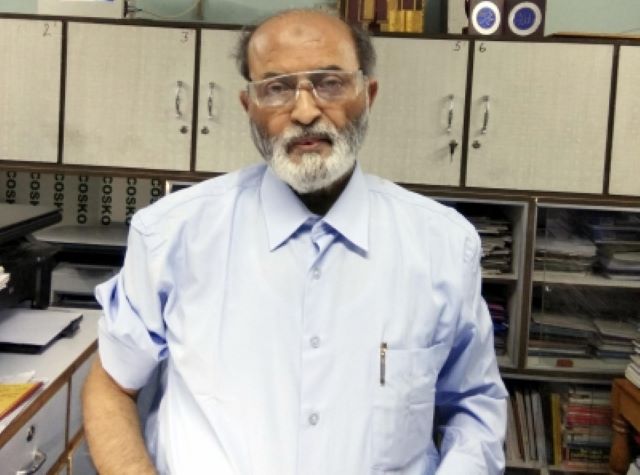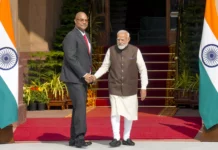 LUCKNOW/AYODHYA: Zafaryab Jilani, the convener of the All India Babri Masjid Action Committee (AIBMAC) has said that the five-acre land being offered to UP Sunni Central Waqf Board is ‘not in Ayodhya’.
LUCKNOW/AYODHYA: Zafaryab Jilani, the convener of the All India Babri Masjid Action Committee (AIBMAC) has said that the five-acre land being offered to UP Sunni Central Waqf Board is ‘not in Ayodhya’.
Muslim litigant Mohammad Umar also questioned the location of the land and said, “Why should we travel 25 kilometres to offer ‘namaaz’?”
Iqbal Ansari, another litigant, said that the land was not in accordance with the Supreme Court’s mandate.
“The SC order said that the land should be given in Ayodhya but the land is certainly not in Ayodhya. The state government has extended the boundaries of Ayodhya for this which is not correct,” he said.
Hasbullah Badshah Khan, another litigant, said that as per the 1994 verdict in the Ismail Faruqi case, it was mentioned that the temple and the mosque will be within the 67-acre land. The Supreme Court verdict in November 2019 said that the land should be given at a prominent place in Ayodhya but the land being offered is not even in Ayodhya, he added.
Zafaryab Jilani also stated that the land was to be given at a prominent place in Ayodhya and not outside it.
He further pointed out that the state government had renamed Faizabad as Ayodhya during Diwali last year but in all court documents in the case, Ayodhya is designated as a small town – a Kasbah of Faizabad district. This cannot be equated to Ayodhya district formed by the state government a few months before the Supreme Court verdict, he stated.
He also questioned the timing of the announcement of the trust and the land to the Sunni Board. Jilani said that it was designed to derive political mileage. “The announcement could have been made on February 8 evening after Delhi had voted,” he said.
Meanwhile, the UP Sunni Central Waqf Board had convened a meeting on February 24.
“Our chairman Zafar Faruqi is currently abroad. The meeting is being held to discuss issues related to Waqf properties and legal matters but in view of these developments, members will also decide on a response and an action plan on the land offer,” said board’s CEO Syaed Mohammad Shoeb. IANS






